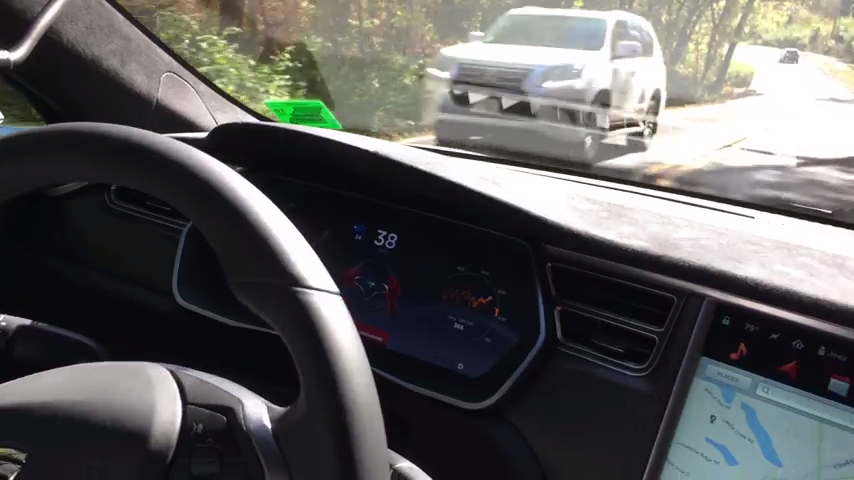
Called a “geofence warrant,” the system represents a virtual dragnet over crime scenes where police request to sweep up Google location data from users' GPS, WiFi and cellular connections from everyone who happened to be near a crime scene. From this, police then try to figure out which phones may be tied to suspects or possible witnesses.
While the concept seems straight out of science fiction, police have already used it multiple times in some states. In more than a few of these instances, however, the police arrested what turned out to be innocent bystanders who were suddenly surprised to find themselves suspects in a case. (Related: NSA planned to hijack Google Play and place spyware on Android phones.)
Geofence warrants used to arrest innocent bystanders
This new form of blanket surveillance warrant – which has been equated to a kind of guilt by proximity – has been used to detain a number of innocent bystanders. For instance, a Gainesville, Florida man ended up being the primary suspect in a robbery because his bicycle route took him near the scene of the crime at around the same time it happened.
In March, Zachary McCoy received a letter from Google’s legal investigations support team, informing him that local police had demanded information related to his account. The letter informed him that the company would release the data unless he went to court and tried to block it within seven days.
“I didn’t know what it was about, but I knew the police wanted to get something from me,” McCoy said in an interview with NBC. “I was afraid I was going to get charged with something, I don’t know what.”
McCoy, an avid bicyclist, explained that the data from an app he used to track his frequent loops around the neighborhood had put him at the scene of the crime.
“It was a nightmare scenario,” he recalled. “I was using an app to see how many miles I rode my bike and now it was putting me at the scene of the crime. And I was the lead suspect.”
Beyond McCoy’s case, as far back as 2018, a man had been falsely accused of and arrested for murder based on a geofence warrant.
Jorge Molina was arrested and jailed for six days by police in Avondale, Arizona on suspicion of killing another man. According to a police report, officers had told Molnia that they knew “one hundred percent, without a doubt” that his phone was at the scene of the crime, based on Google’s location data.
Molina was not there, however. It turns out that he'd lent an old phone to another man, who police later arrested. The phone, it turns out, was still signed into his Google account, and information about its location came from a geofence warrant.
While Molina was eventually released and the real killer actually arrested, he still lost his job as a result of the arrest. In addition, his reputation suffered irreparable damage as a result of the publicity that followed.
Earlier this year, Molina sued the city police, including the officers that arrested him, as well as the chief of police. In addition, he's also reportedly now suing Google for $1.5 million dollars.
Judges pushing back against geofence warrants
A couple of new developments look to help both Molina's efforts, as well as those of privacy advocates hoping to put a stop to the practice of geofence warrants. Two federal magistrate judges have, in three separate opinions, ruled that a geofence warrant violates the Fourth Amendment’s probable cause and particularity requirements.
Two of the rulings, which were recently unsealed, come from Chicago in a case where police had asked Google for unique device identifiers and location data for all devices within designated areas in a densely populated city near busy streets and restaurants, commercial establishments and “a least one large residential complex.”
U.S. Magistrate Judge M. David Weisman rejected the government's request, finding “two obvious constitutional infirmities.” The court held that while there was probably cause that a single user within the geofence may have committed a crime, there was no probable cause to believe that all the other devices in the area were connected to the crime.
The second infirmity was the fact that, according to Weisman, the warrant application failed to meet the Fourth Amendment’s particularity requirement. The court emphasized that there was nothing in the current protocol stopping the government from obtaining the user information for every device within the geofences.
In his opinion, Weisman wrote that “[t]he government's undisciplined and overuse of this investigative technique in run-of-the-mill cases that present no urgency or imminent danger poses concerns to our collective sense of privacy and trust in law enforcement officials.”
Learn more about how police are violating people's privacy at Surveillance.news.
Sources include:
Please contact us for more information.























